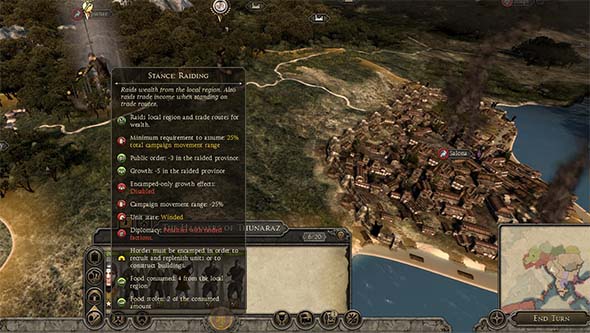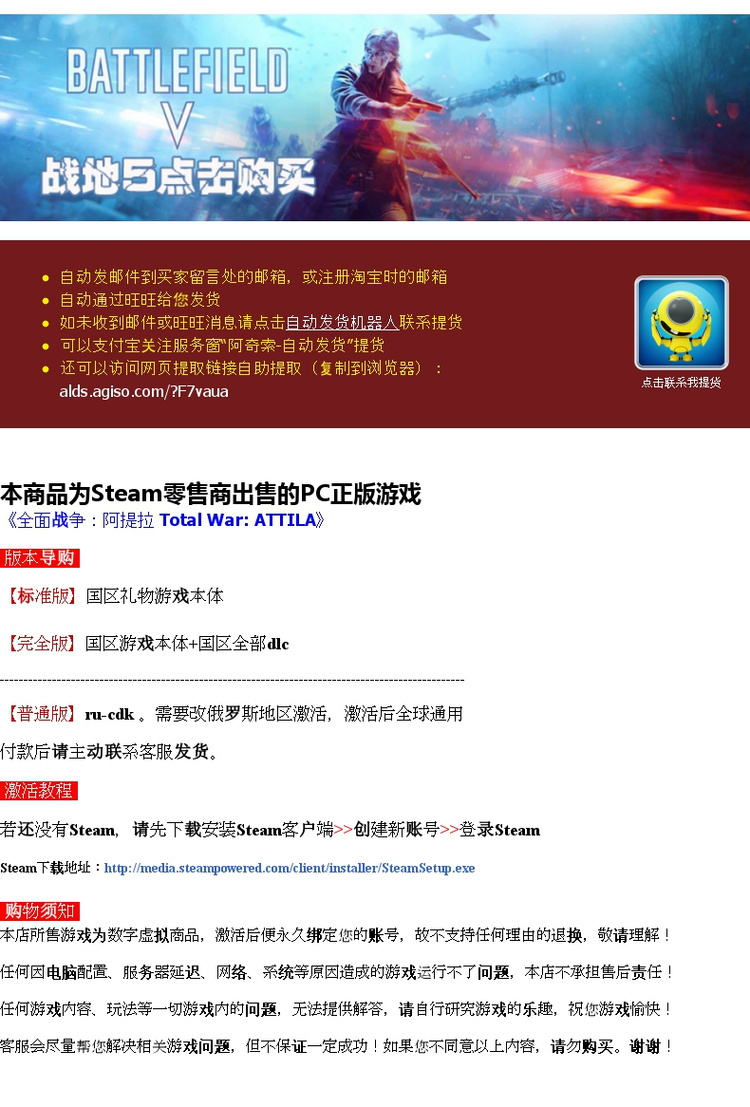
However, the Emperor himself is the most unique of the bunch. Fervour lowers with time and is gained differently depending on the character (attacking, defending, or reunification, for example) and must be kept high on its momentum to ensure the Yellow Turban Rebellion has a chance to succeed. High fervour leading to increased income and replenishment and low fervour causing severe problems due to lower income, population growth, and major amounts of unrest. Meanwhile, the rebel leaders all share a Fervour meter gained through battle that both buffs and debuffs their factions.

Each of the Han supporters has a different collection mechanic, such as Lu Zhi’s Great Library collection of books or Liu Chong’s battle trophies, which grant them a series of bonuses when acquired. From the three Zhang brothers behind the uprising to the Emperor Liu himself, the new campaign allows you to pick a side on the conflict and fight for it, similar to Shogun 2’s Imperial vs Shogunate setting.Īs is now standard, each character has a unique play-style with their own mechanics, adding an always welcome degree of choice and novelty to the game. Starting in 182 AD right at the start of the Yellow Turban Rebellion, Mandate of Heaven adds six new playable warlords and 40 new units, further expanding the game’s focus on legendary heroes while fixing one of its main flaws.

This latest expansion, covering the collapse of the Han Empire at the hands of the fledgling Yellow Turban Rebellion, brings new units, characters, and a whole prologue campaign yet is still embedded in the same chain of earth-shattering socio-political changes that weave the rich tapestry of the main game.


It comes from Total War: Three Kingdom’s base campaign, yet it perfectly fits the new Mandate of Heaven DLC. This poem was written by former Han Emperor Liu Bian’s wife when they were both poisoned by Dong Zhuo. Heaven is to be rent asunder, earth shall fall away.


 0 kommentar(er)
0 kommentar(er)
